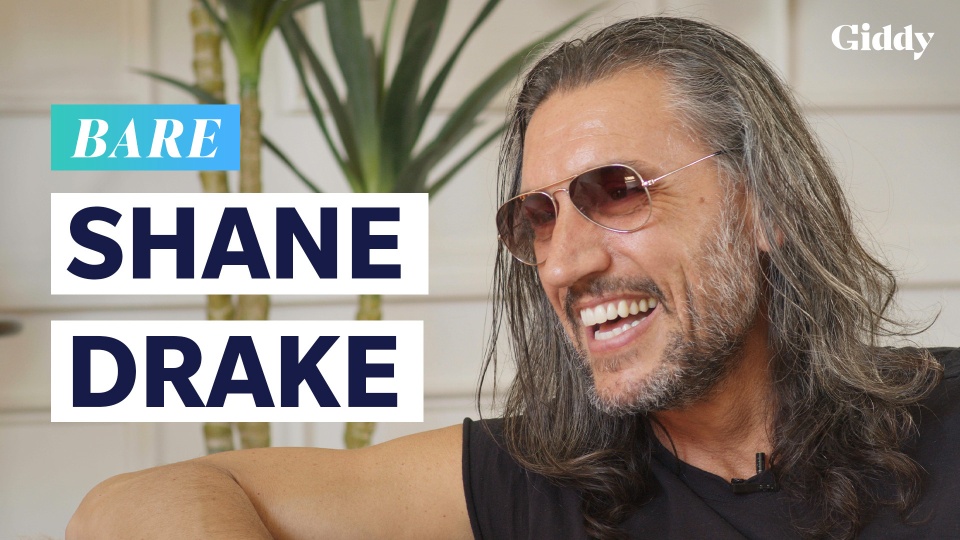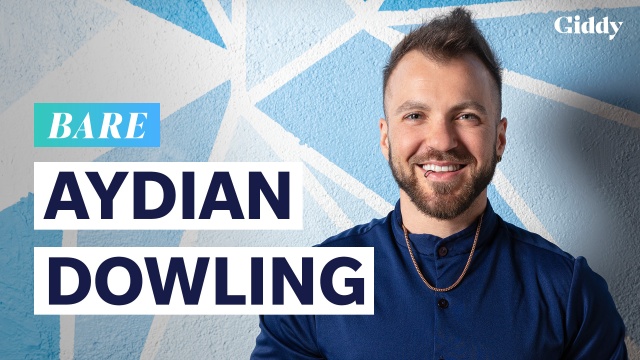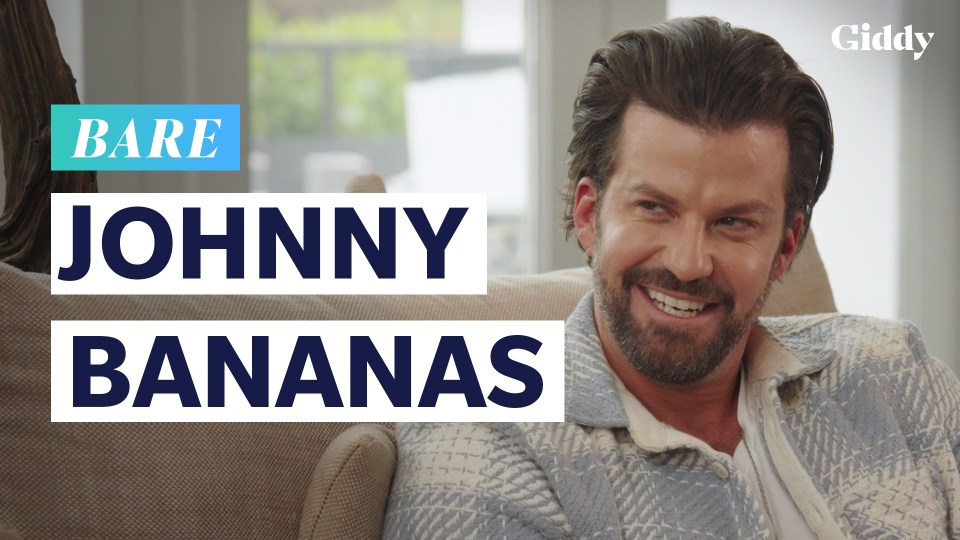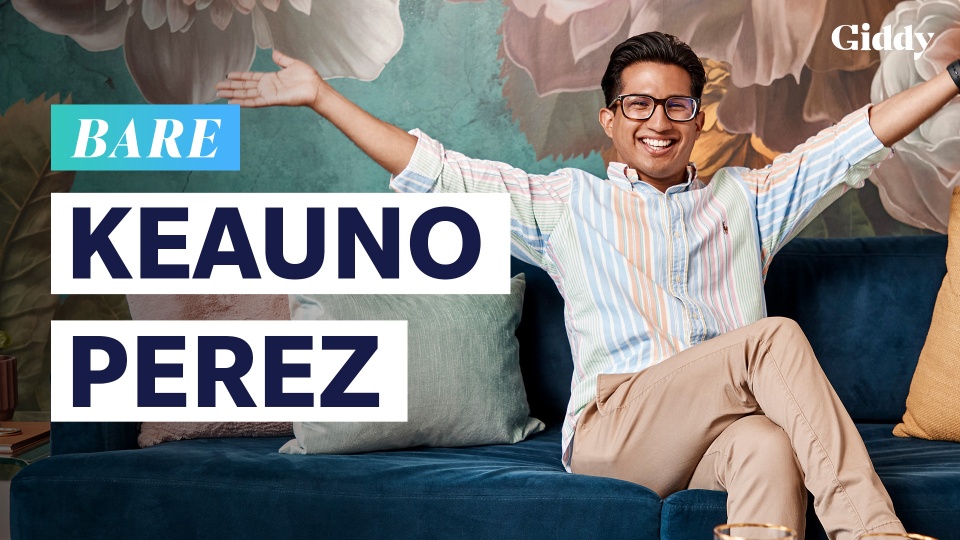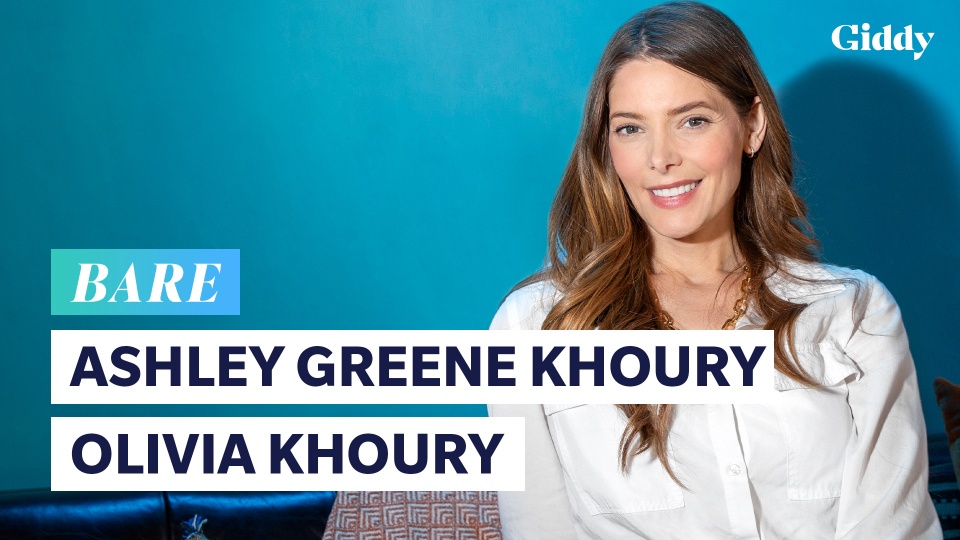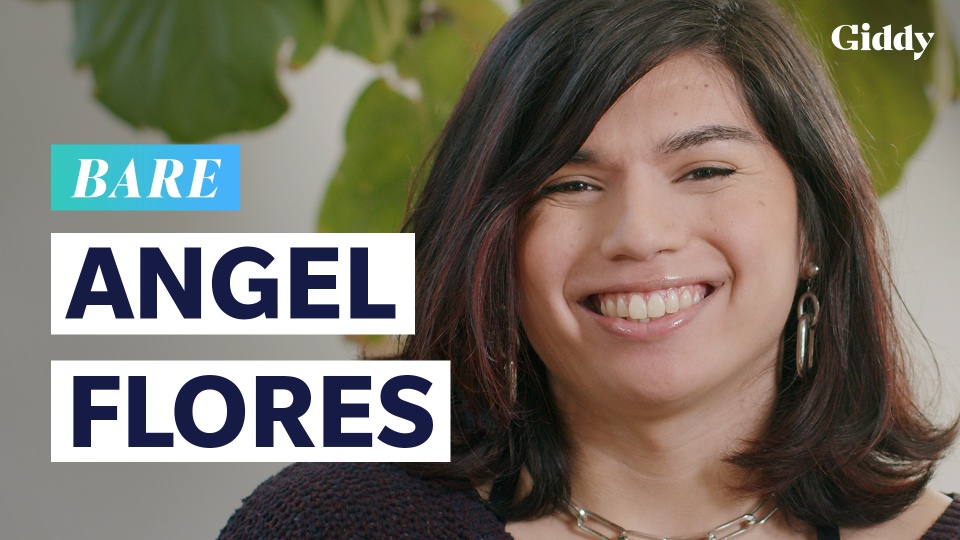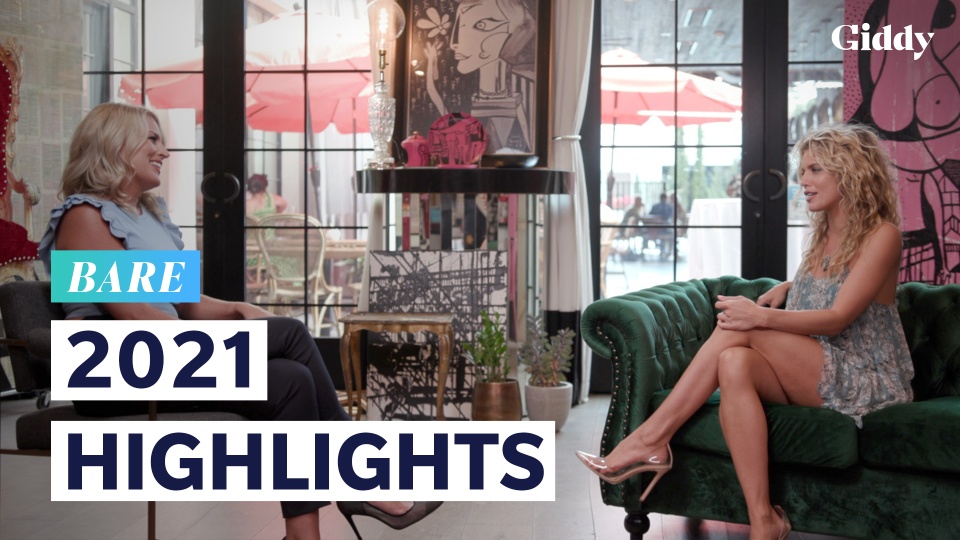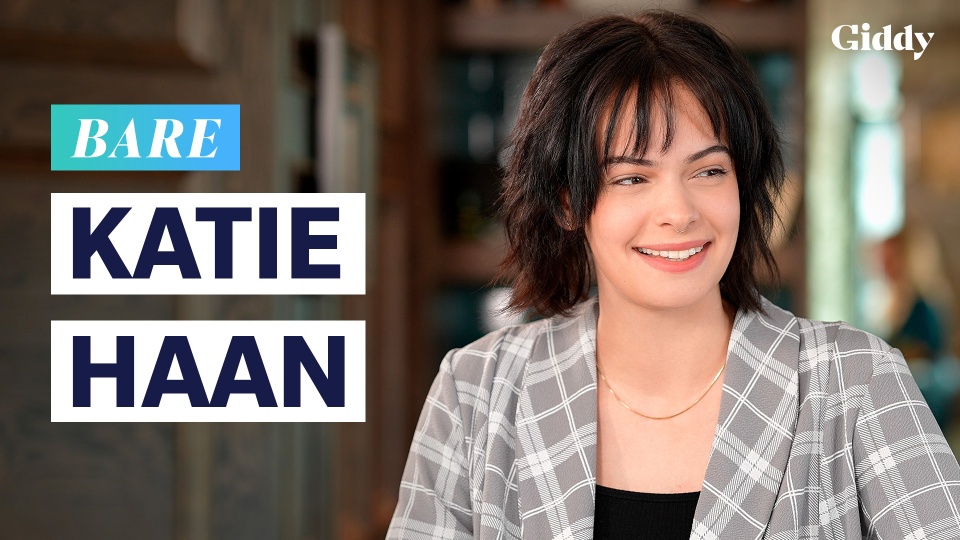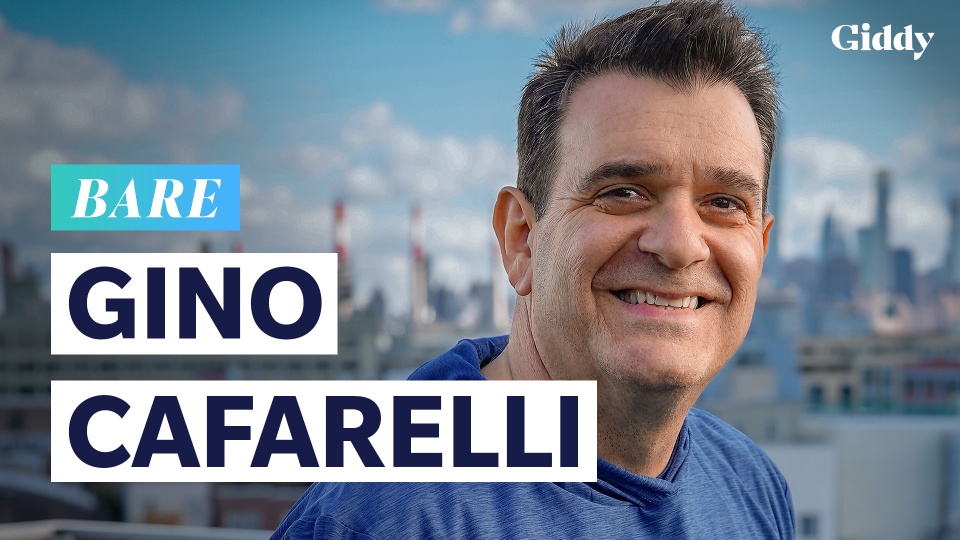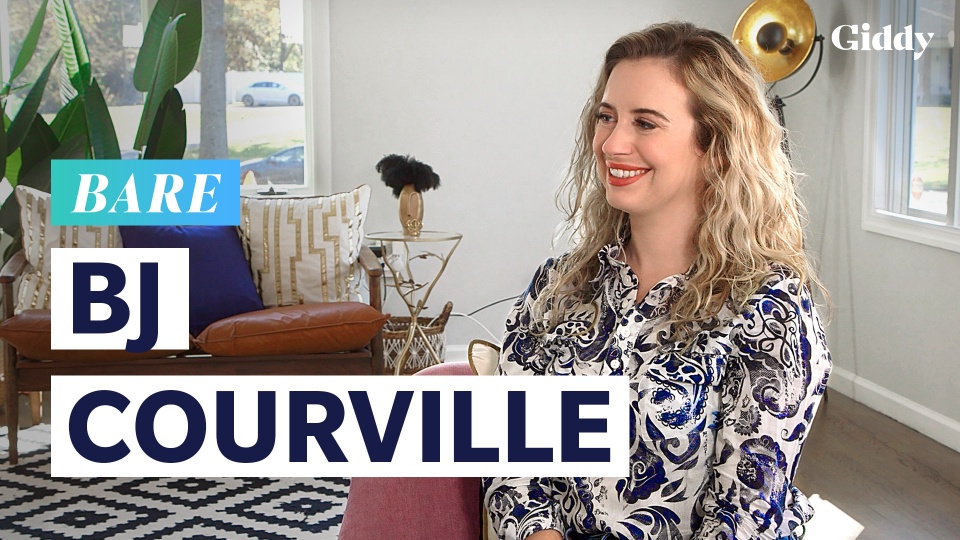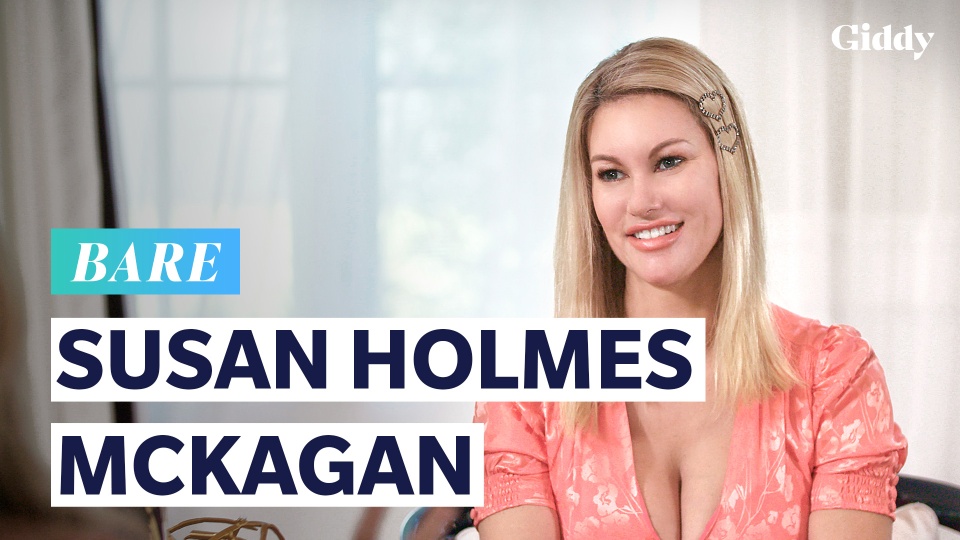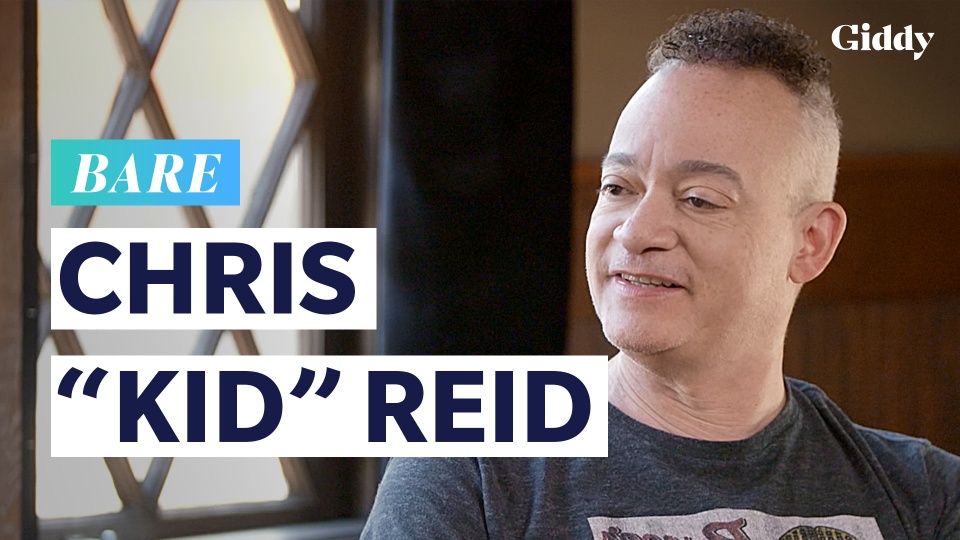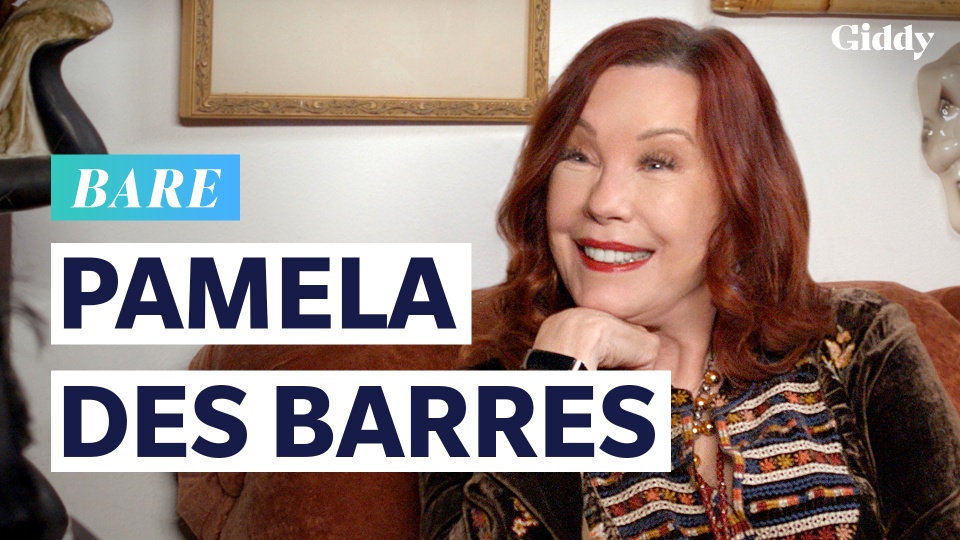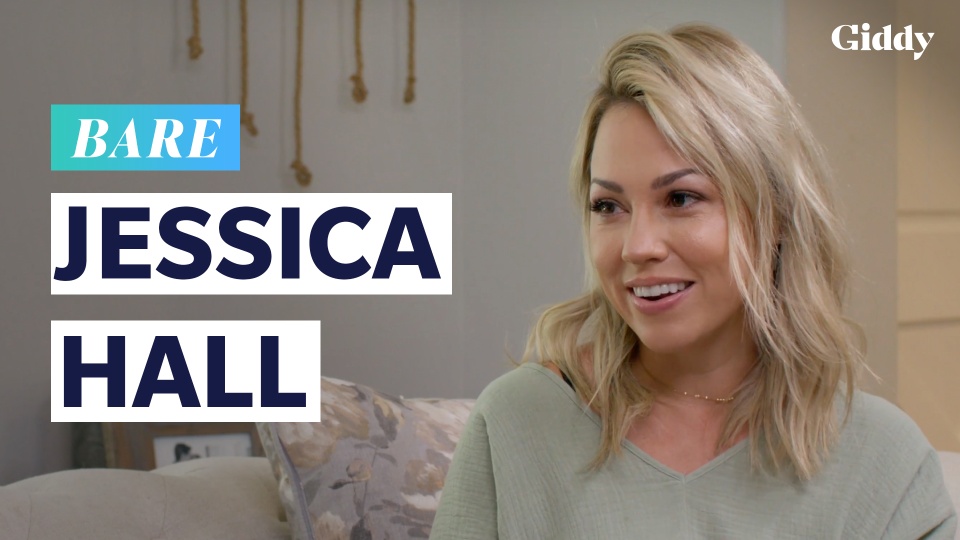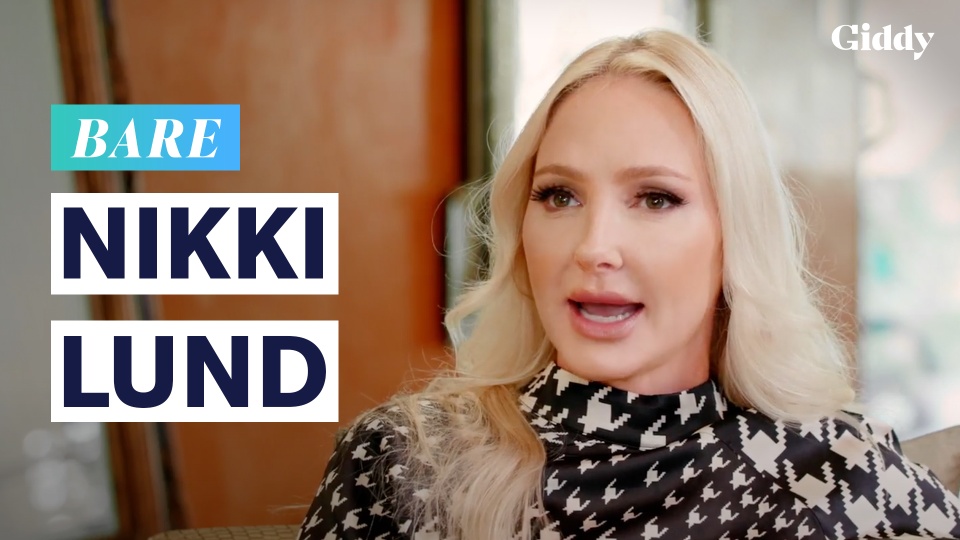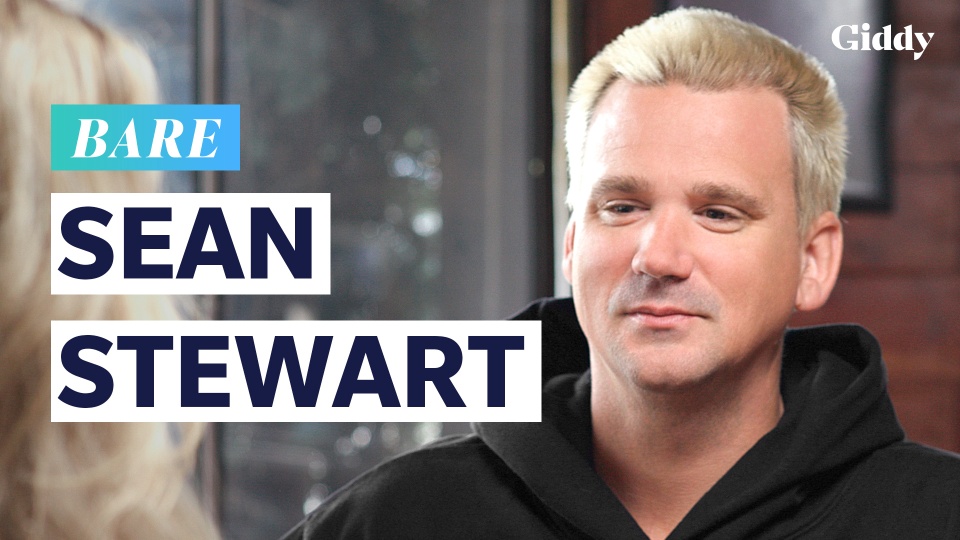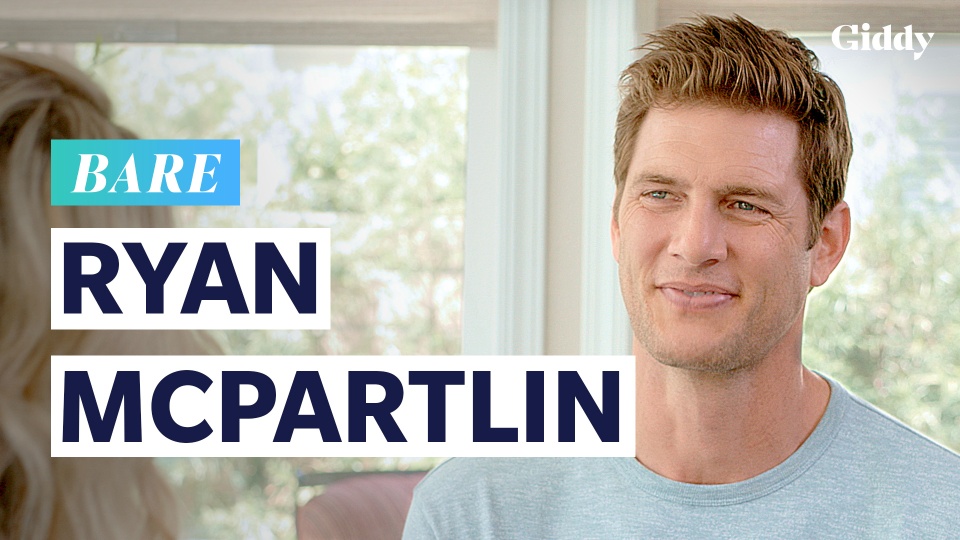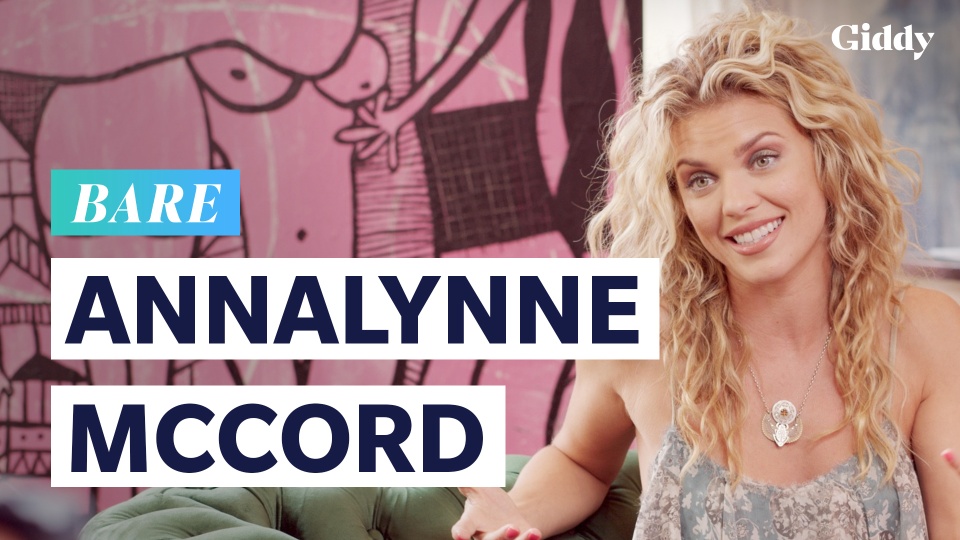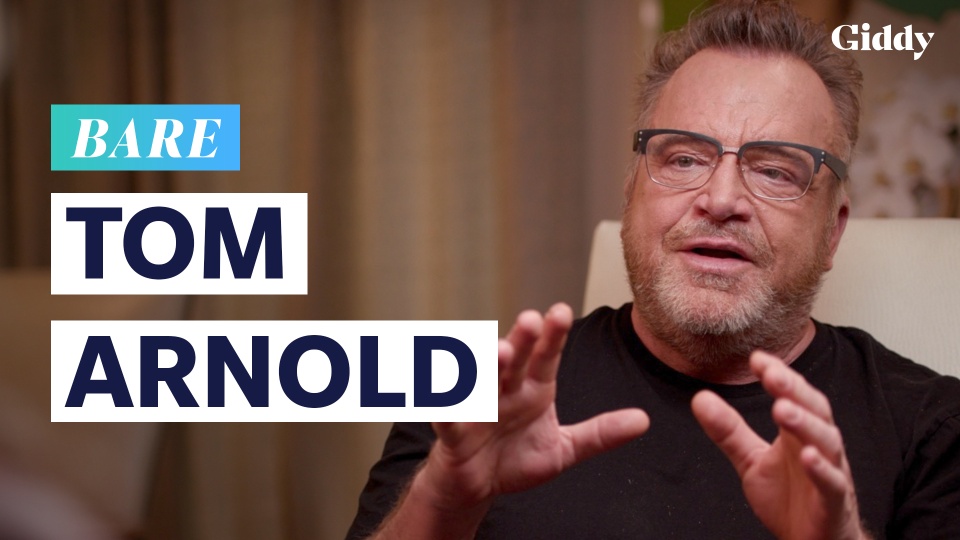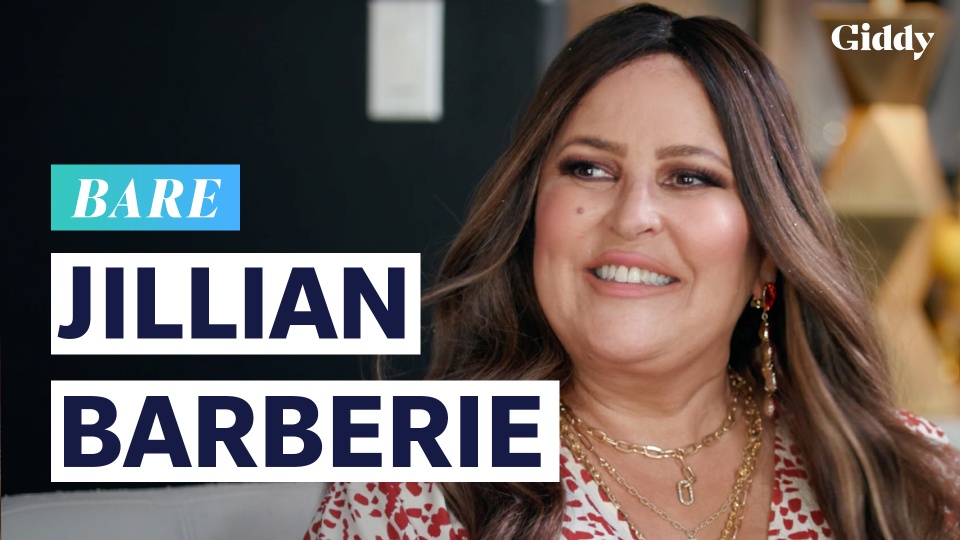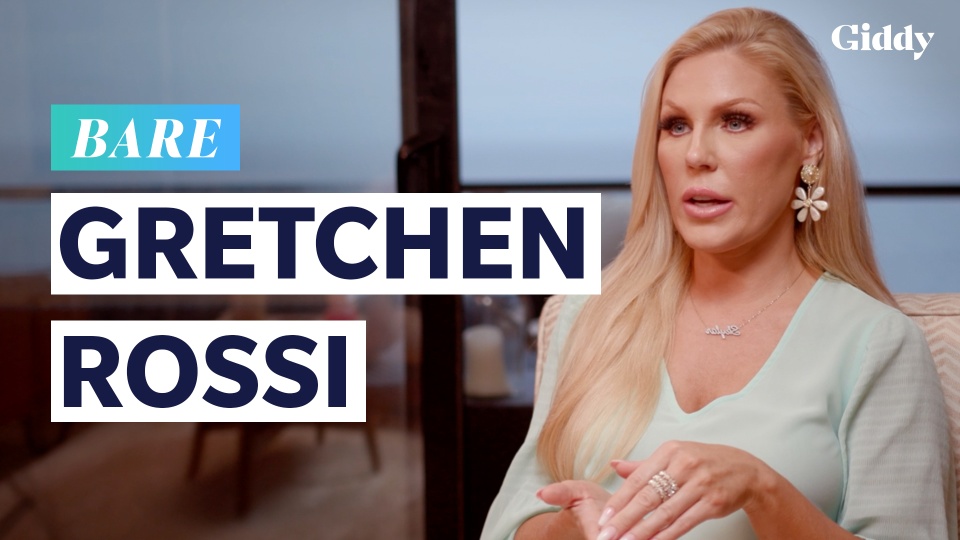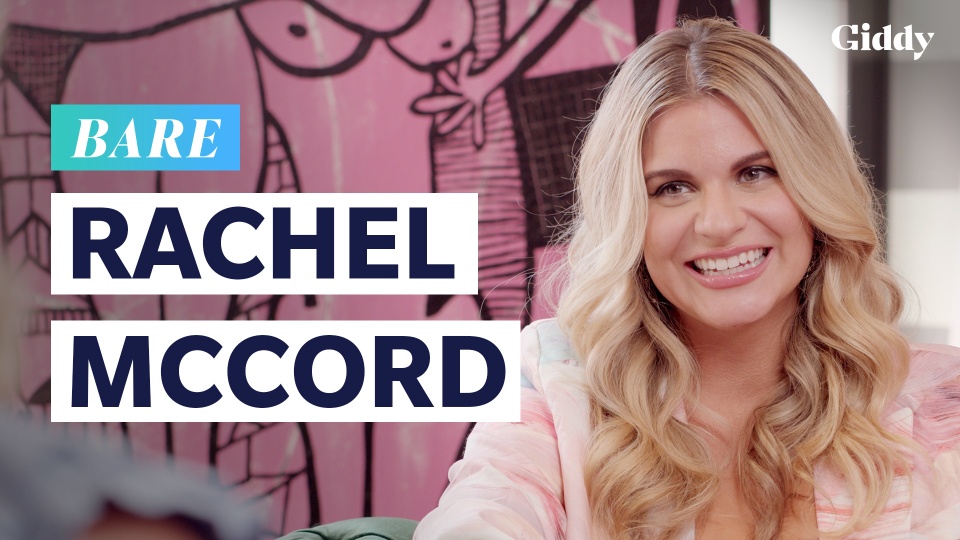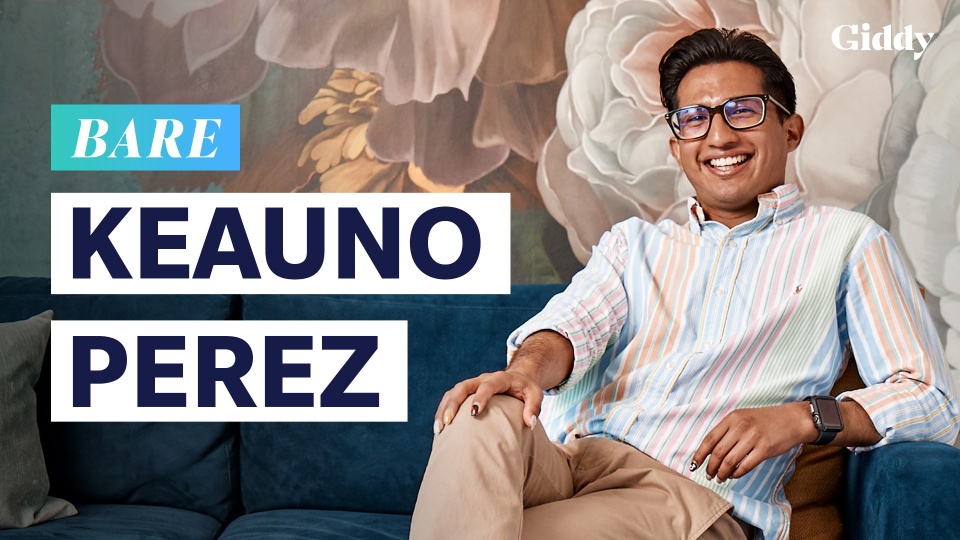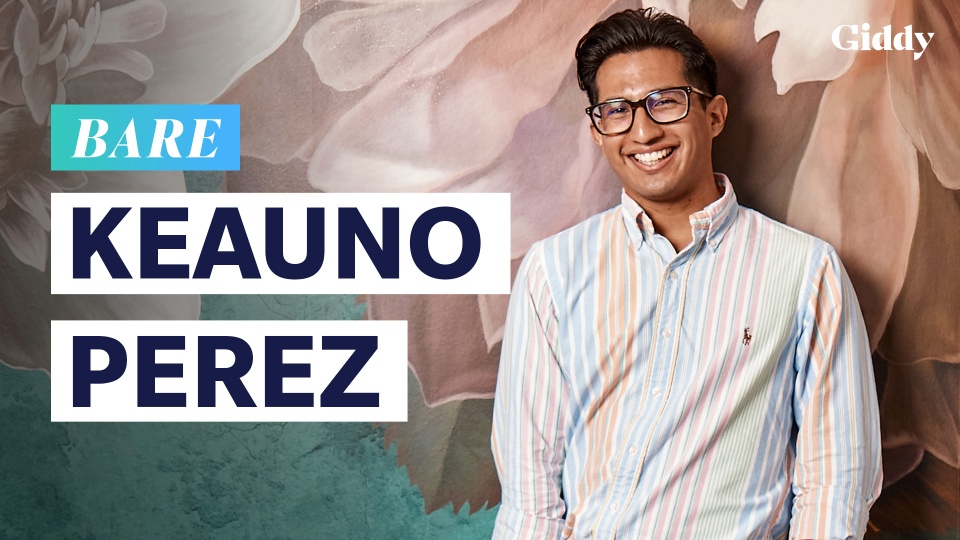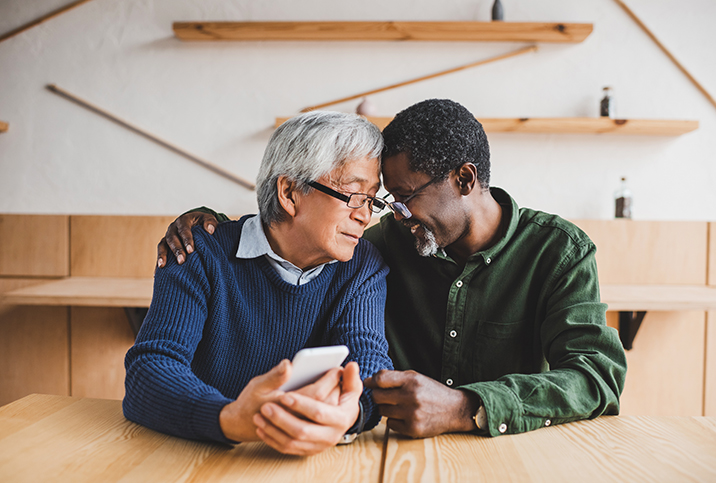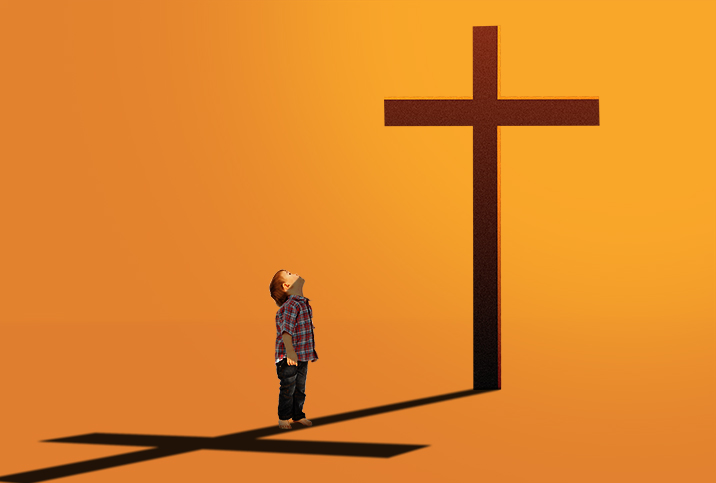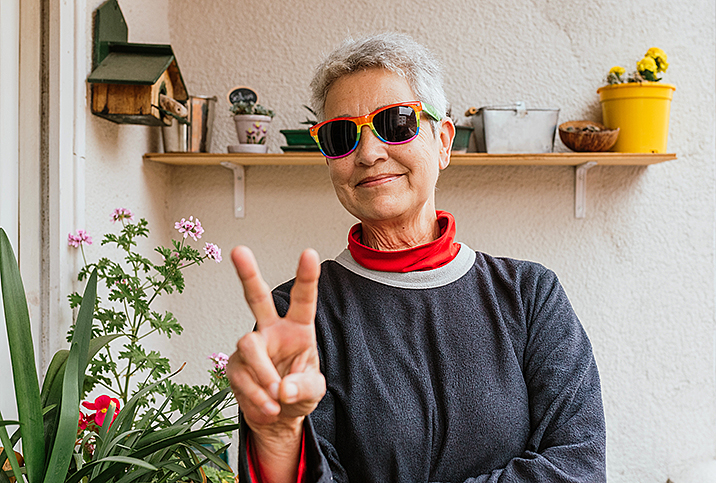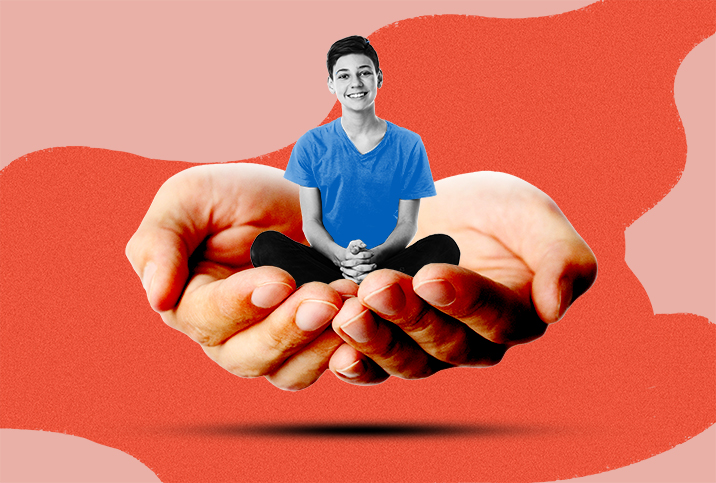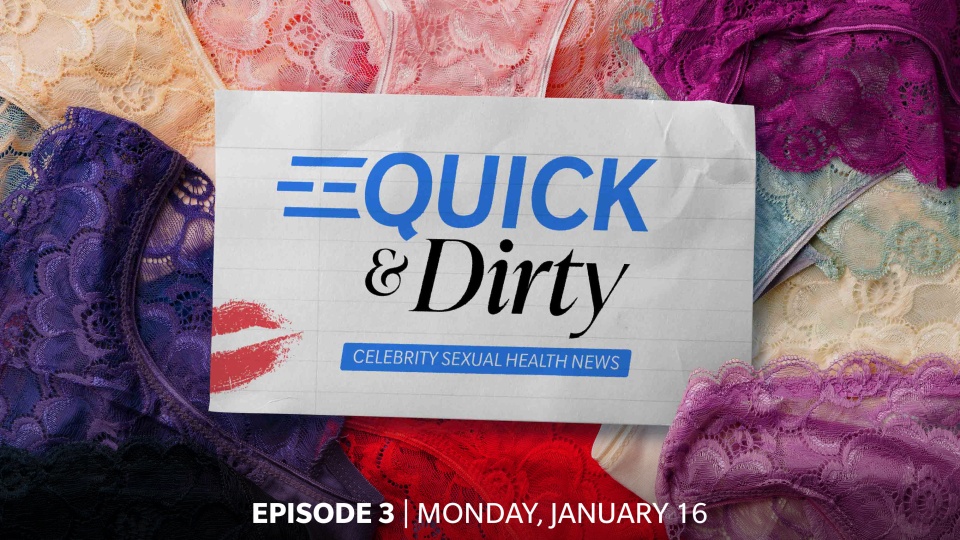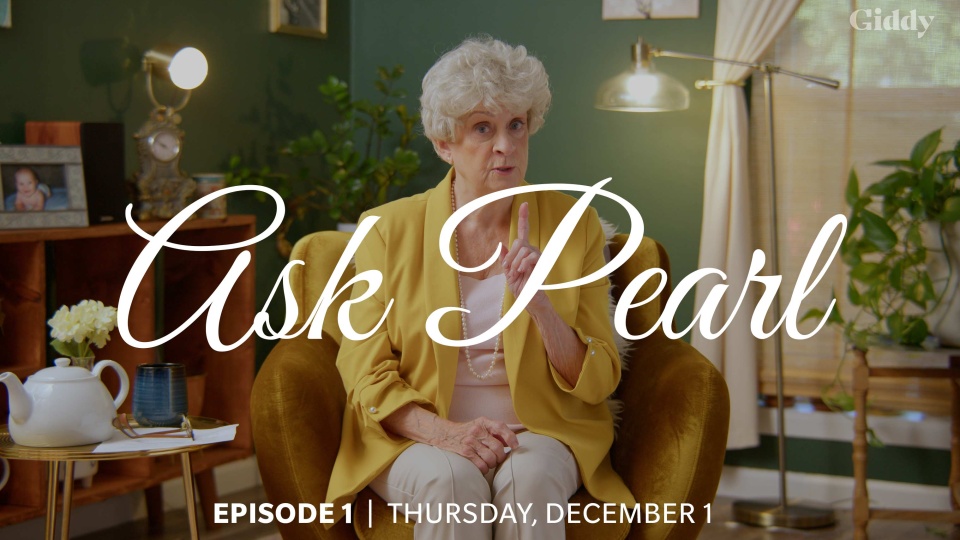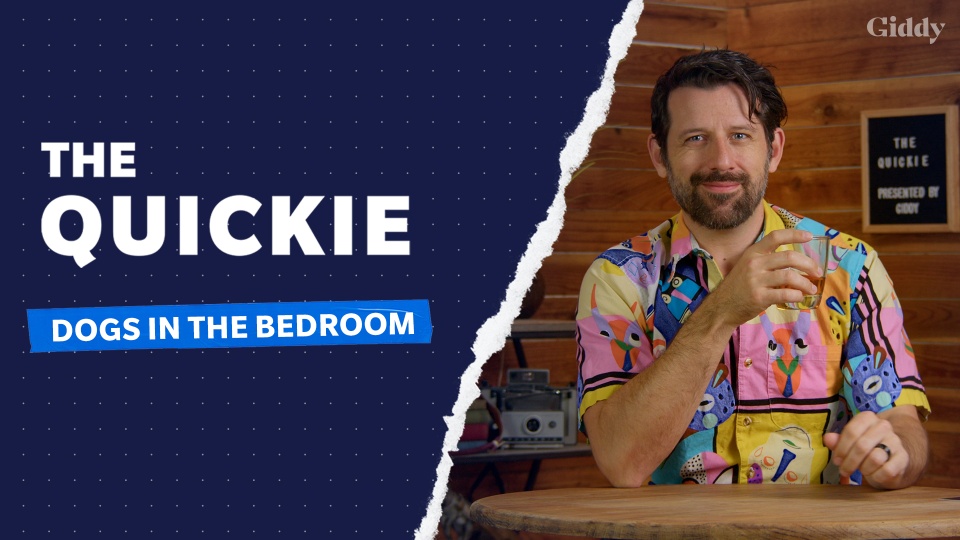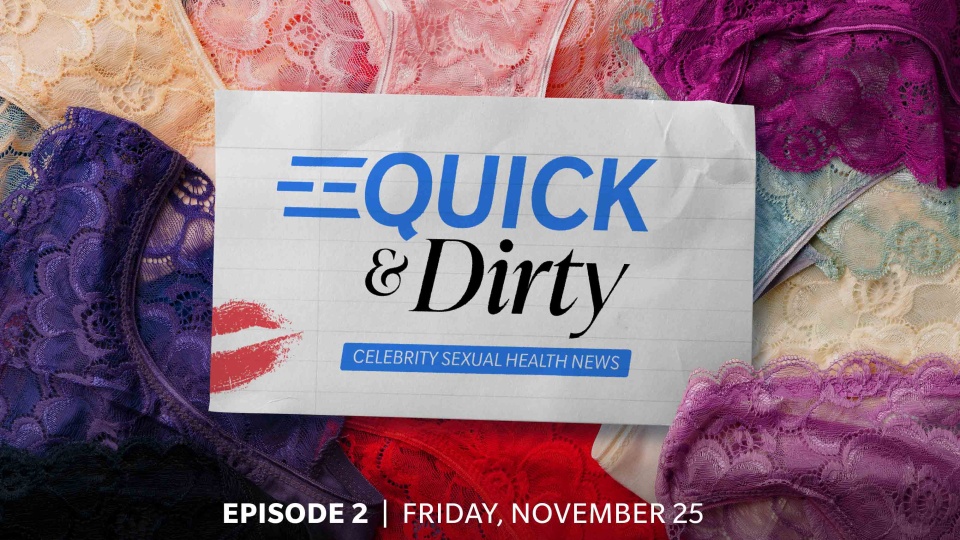Keauno Perez on his experience coming out as a gay man in Texas
TV personality Keauno Perez sat down with Giddy's Bri Jenkins to discuss his journey to coming out of the closet at 25 and how moving to a new city taught him to accept himself and his identity.
More about this episode
A Conversation with Keauno Perez
Coming out. Dating in a red state. Coping with heartbreak. Reality star Keauno Perez bares it all. In this one-on-one conversation with Giddy's Bri Jenkins, Perez opens up about experiencing heartbreak during filming, his own sex ed experience, and how he came out as a gay man in a conservative state.
Perez, who won over the hearts of viewers after appearing on Netflix's "Twentysomethings: Austin," grew up in a small town in Texas and was never introduced to an out gay person. His family is very religious and those views complicated his struggles with his own sexuality. Perez eventually developed a new spirituality around the idea that God loves everyone, including Perez, a gay man.
With his journey of self-discovery partially documented for the world to see, Keauno hopes his story inspires others who are struggling with their sexual identity.
Transcript
We are here today with Keauno Perez. Really excited to be chatting with you. Thank you so much for joining us.
I'm excited to be here.
It's going to be so great. I'm most excited because you're now back in Austin setting a new job. Give us an update.
I'm starting a whole new book here. I landed a job and I’m apartment hunting and I'm going to be living here. I'm so excited. I feel blessed—sometimes stressed—but that I've lived multiple lives within my one life, and this just feels like a whole new life.
Have you felt any sort of hesitation coming out and being openly gay in a new city? You're from Texas, but moving from where you're from to Austin—what's that felt like? That sort of shift to a new city.
Yeah, I don't know. A wave of emotion just hit me—sorry. I was telling you earlier that I feel normal, and the first time—for once—when I'm in Austin, I feel normal as me, which is a gay man. I'm smiling right now saying that because it's so bizarre for me to say that because for 28 years, I never thought I was normal. So when I moved to Austin, that's the first time I saw queer couples holding hands. I was like, "Wait, what?" I remember I teared up the first time I saw it. I've never like, openly, like, just out in the city and—this is beautiful. This is where I belong.
I've visited so much, and now I'm going to be living here. That's like normal to me. And I'm like, "That's so crazy that I feel normal as a gay man." But I will admit, you know, doing a Netflix show, my social media and publicity is kind of higher. I do get nervous because, before the show, maybe like 20% of people in my life knew I was gay—no, not even 20, I'd say 10%.
So I get nervous about people that knew me before. Then, you know, just growing up in a small town and being closeted, I was closeted for a reason. I think about other people's opinions. But at this point, I know I shouldn't think about what other people think if it's negative, but I do, you know, it's like 28 years, it's something hard. So that part is hard coming out, like thinking there's people that don't think I have the right to get married or have kids—to me, those are basic to live. I don't know. It's just really sad to me.
So, I mean, I fight with that.
So we've been talking about, you know, your hesitation about coming out. I know you grew up in middle-of-nowhere in Texas. Is that what spurred you to take your time with coming out? Was it feeling like people wouldn't accept you? I would just love to know a little bit more about what coming out has looked like for you with ditching hesitation and now living alone.
I will say one of the hardest questions I receive from people—I don't know if I fully answered it because I don't fully know the answer—is "When did you know? You had to know?" Maybe it's just that they're such sensitive questions. I usually veer off giving an answer.
But until I was 25—which I was in my career, I was a man, you know, at 25—I couldn't even come to terms that I was gay. So in college people were always like, "You had to know in college." I didn't think being gay was a possibility. I grew up religious, and so to me it was like, you're going to hell if you're gay.
I always try to help people. Even before my new job at TikTok, I worked in higher education. I dealt with crazy things from students like mental crisis, suicidal ideation, and it was just such a helping job. And I'm like, "I feel like I'm helping the world, but why am I still going to go to hell?"
It was just hard thinking, "I feel like I'm a good person. I'm trying to be a good person, but I'm going to go to hell." I just had to come to terms that the God I believe in loves everyone. He made me this way. I remember at 25 praying every night to not be gay. I feel so bad saying that, but I want to be honest. Like I used to pray, "Please, I want to like women." I used to imagine myself with a wife and kid, which I think is crazy now. But I didn't know.
We also didn't know gay people. Sometimes people laugh or they're like, "Oh, your friends or family had to know someone who was gay." But no, now that I'm out, I'm that person. When they meet gay people now, my friends and family are like, "Oh, I have a gay friend." It's going to be me. I was just in an environment where we didn't know gay people and so, you know, the word "gay" was used as a negative. I was bullied when I was younger. They used to use the F-word. So it was just a lot.
I want to circle back and ask, "What has it been like moving forward with the relationships of your past?" The people who knew you before you came out: your family, the "conservative" people in your life—what has it been like inviting them in to know the new you?
I would say the majority of it has been a positive experience, actually a surprising experience. I had the expectation that coming out, I was going to lose a lot of my college friends. They were the majority of friends I had. However, people who I thought were going to unfollow me on social media were the first to comment, to text me, "So proud of you."
Sometimes they don't know what to say—I guess that would go into my family. I didn't really want my family too much on the show. I don't know what the show was going to be, if it needed them or what, because my mom even admitted it. She said, "I don't want to say something that's wrong." I feel like in today's culture it's very cancel culture, and I don't want them to cancel my parents. It's just, again, we don't we didn't grow up with anyone that was gay. So my mom will ask me questions sometimes I'm like, "You can't ask that," or there's a simple answer but I understand she just doesn't know.
They care in their own way. My dad doesn't have Instagram and he just made a TikTok and I'm the only person he follows. I like to keep up with him. He'll shoot me a text about the TikTok. He's like, "I don't know if you didn't want me to call in, but this is what I would say."
They care and they love. We haven't had this talk and it probably needs to. I think it's just hard on them because they don't know how to communicate it, but I'm very thankful that when I came out to them—which was the Thanksgiving before the show, so not even a year before the show—we didn't really talk too much. There were a few tears and hugs, but I knew I wasn't going to lose them. I'm very fortunate in that I knew my parents love me. My fear was kind of on them, like I felt bad for them to have the gay son. We live in a small town and I didn't want the people to be like, "Oh my gosh," in the presence of having gay son.
I just felt bad. My parents have been through so much, so like this is the last thing they need. I've kind of changed that mindset. Like, I shouldn't be thinking that way. I know it's just how I do but they're proud of me, and they talk about their friends to me and their friends all watch the show.
Sorry—that was a long answer.
No, that's so valid. I also want to, like, hold your hand for a second. I love that. You're very brave. Don't let anyone take that from you. You're valid and loved.
Thank you. That's why I'm so thankful for Austin. And growing up in Texas, I was scared to do the show in Austin because I know Austin's very like, "Don't make this L.A., don't move here," and I'm like, "Y'all, like, we might be hated." But I see people in the streets and they come hug me, and they're like, "You belong here. Are you here yet?" The city has had my back. Even when I post and I'll get DMs on people wanting to support me or saying, "Hey, do you want to go out?" This city has really accepted me. I love her, and I'm so fortunate for the people here in Austin.
What gets you giddy?
I would just say, like, life and people. Also coffee. I like coffee, it makes me giddy.
Hey, that was a cute answer, but what gets you giddy?
Like, horny, right?
Yeah
Coffee [laughs]—for real, I'll have two sips and I'm like, "Why do I feel this way?"
But also I have to get to know someone before I find them attractive. Is that weird? So like someone who is smart—I love someone who's able to inform me on things or who is informed. So right now, that's like my biggest turn on: someone who is intellectual, like smarter than me. I don't know why I find that so attractive.






